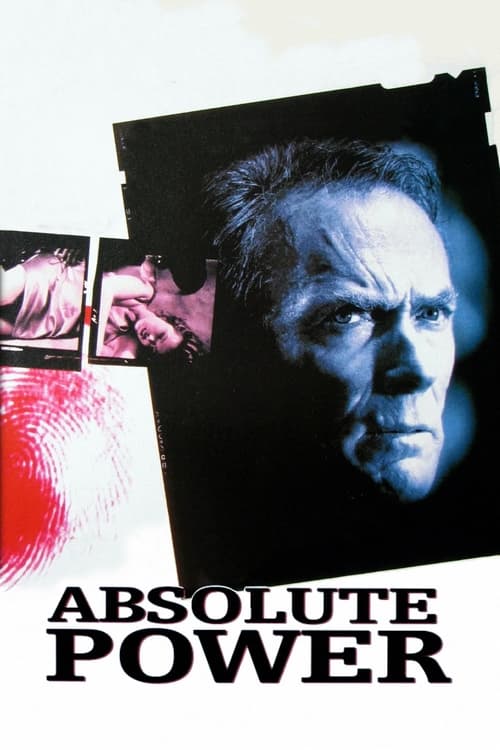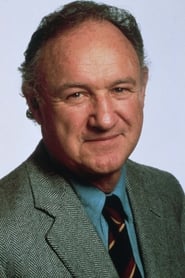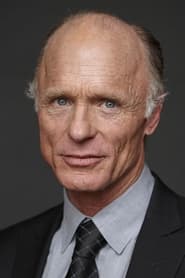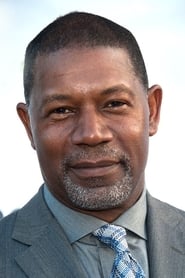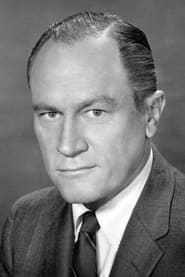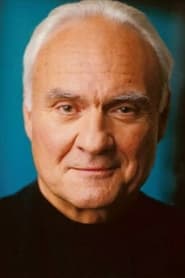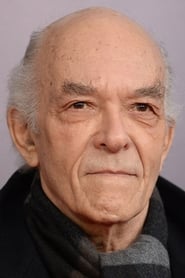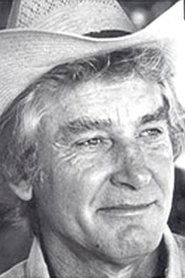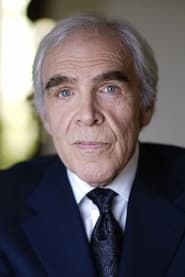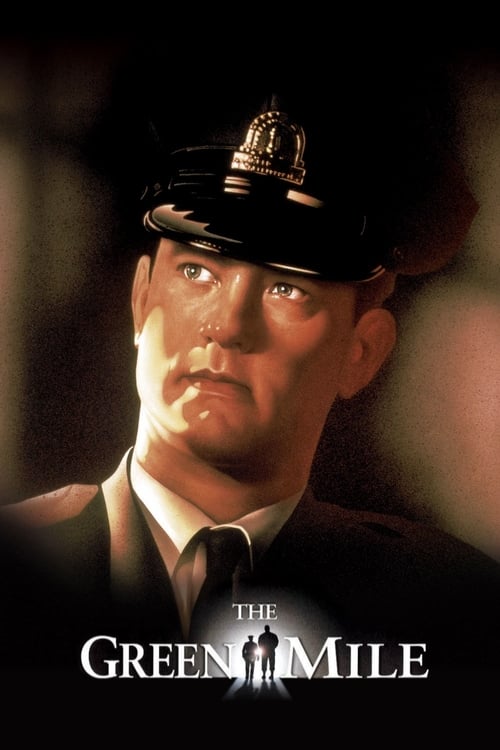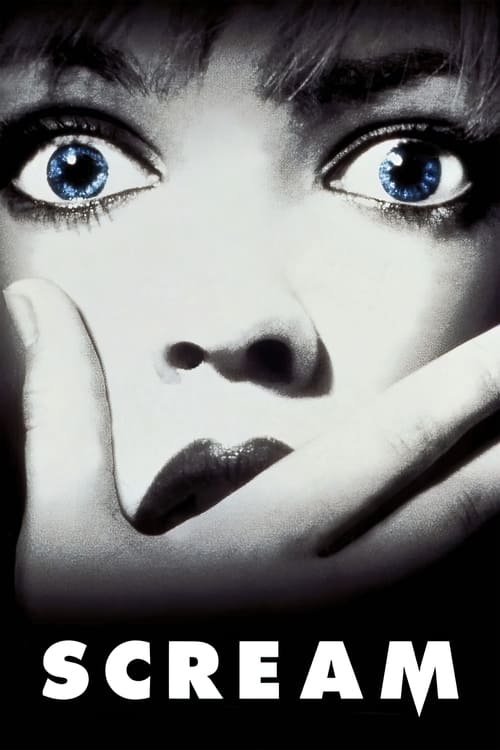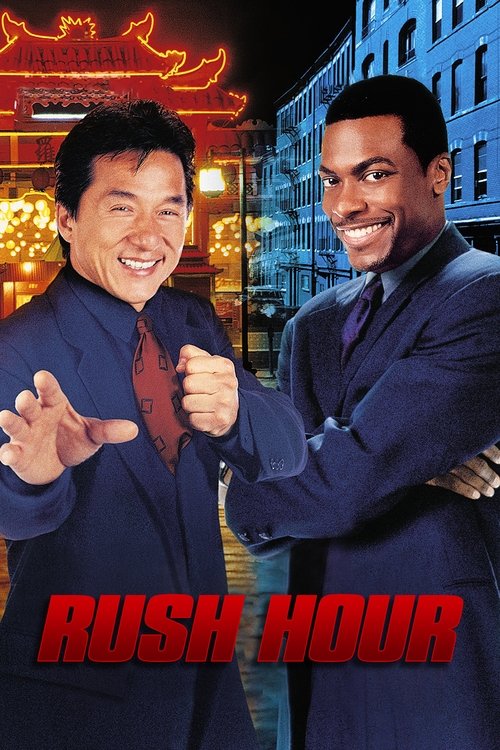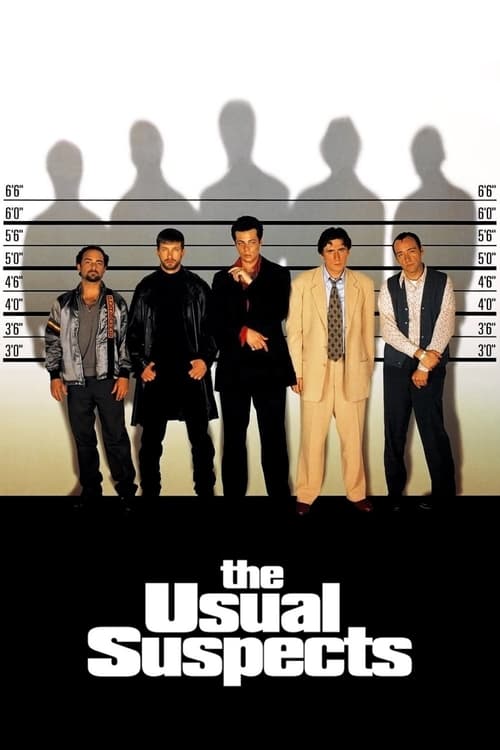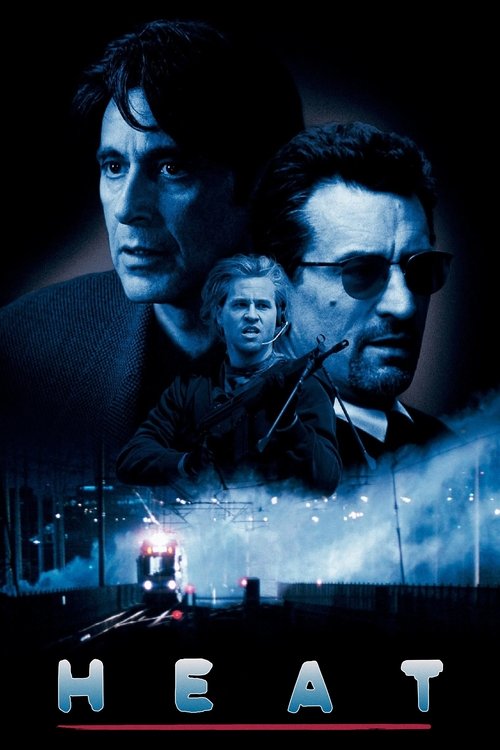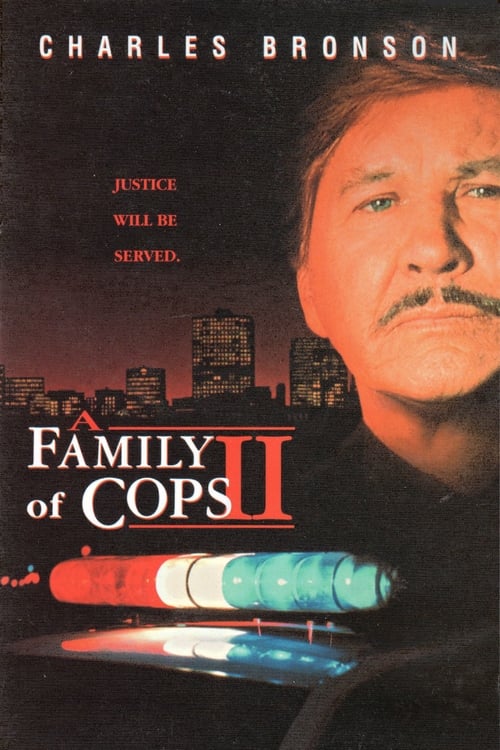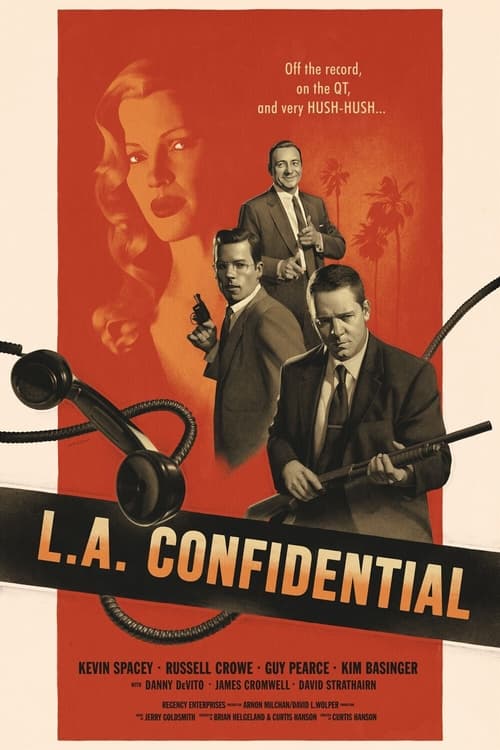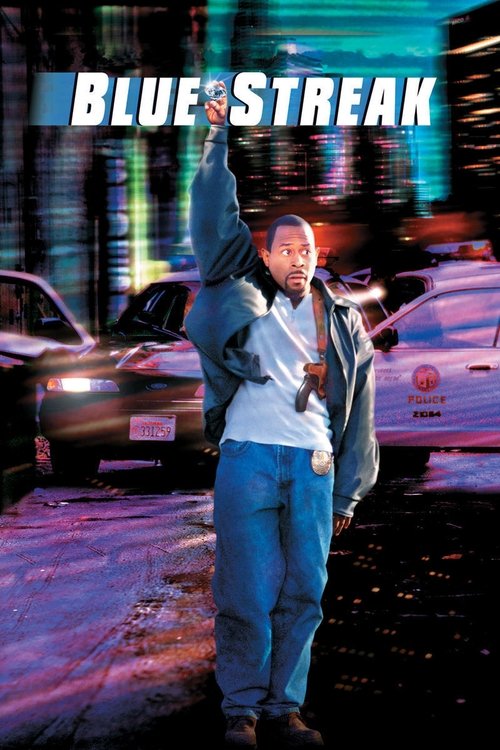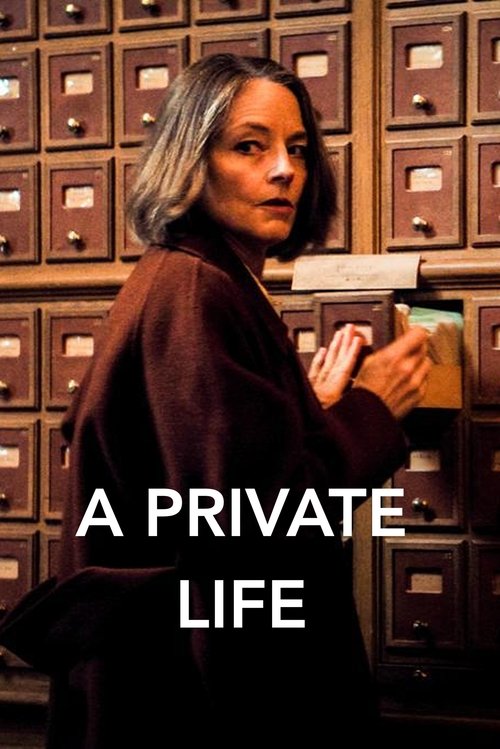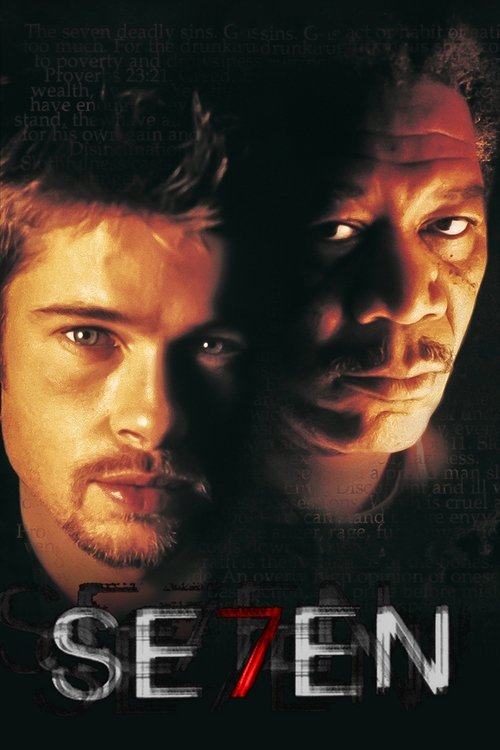
Ask Your Own Question
What is the plot?
In the shadowed stillness of a Washington, D.C. night in the 1990s, master thief Luther Whitney silently scales the walls of billionaire Walter Sullivan's sprawling mansion. Luther, a seasoned criminal known for his precision and cunning, is executing what he believes will be his final and most lucrative heist. His target is the mansion's secret bedroom vault, a fortress rumored to hold millions in cash and jewels. Inside, he moves like a ghost, deftly disabling alarms and slipping past security measures only a handful of people could overcome.
As Luther fills his bag with glittering riches, the night's quiet is shattered. The mansion's front door opens, and Christy Sullivan, Walter's young and intoxicated wife, stumbles in with a man--none other than Alan Richmond, the President of the United States. Luther retreats into the vault's hidden compartment behind a one-way mirror, watching unseen as the bedroom becomes the stage for a dark and violent drama.
The initial encounter between Christy and President Richmond begins with a veneer of passion but quickly sours. Richmond's demeanor turns cruel; he slaps Christy across the face, his roughness escalating into a physical assault. Christy, desperate and terrified, fights back fiercely. She grabs a letter opener from a nearby desk and stabs Richmond's arm in self-defense. His scream for help pierces the mansion's walls.
The door bursts open as Secret Service agents Bill Burton and Tim Collin rush in. They see Christy poised to strike the President and without hesitation open fire, killing her instantly. The scene is chaotic and brutal--Christy's lifeblood staining the floor as the agents stand over her, weapons still drawn. Luther, hidden and horrified, clutches the letter opener--now stained with Richmond's blood and fingerprints--the only tangible proof of what transpired.
Within moments, Gloria Russell, the President's ruthless White House Chief of Staff, arrives. She immediately takes control, orchestrating a cover-up to shield Richmond from scandal. The murder is disguised as a bungled burglary gone wrong. The agents wipe away any evidence that could implicate the President. Luther, unnoticed but deeply implicated by what he has witnessed, slips away into the night with the stolen fortune and the damning letter opener.
Luther's escape is tense and perilous. The Secret Service agents, unaware of each other's positions, attempt to intercept him. Luther narrowly evades capture by donning a police uniform, blending into the city's shadows. He returns to his modest home, where he is haunted by the night's events and the dangerous knowledge he now possesses.
Meanwhile, Detective Seth Frank is assigned to investigate the murder of Christy Sullivan. Frank is a seasoned and skeptical investigator who quickly suspects that Luther Whitney was more than just a burglar at the scene. The Secret Service's involvement and the high-profile nature of the case complicate matters. Frank's inquiries threaten to unravel the carefully constructed cover-up.
Luther's personal life is equally fraught. His estranged daughter, Kate Whitney, becomes a target as those loyal to Richmond seek to silence anyone connected to Luther. When Luther learns from Frank that Kate is under Secret Service surveillance, he rushes back to Washington to protect her. His fears prove justified when Tim Collin, one of the agents involved in the shooting, uses his SUV to push Kate's car off a cliff during her morning jog. Though Luther arrives too late to prevent the crash, Kate survives the fall.
The danger escalates at the hospital, where Kate is recovering. Collin attempts a second assassination, approaching her hospital bed with a poison-filled syringe. Luther, arriving just in time, confronts Collin in a brutal struggle that ends with Luther killing the agent, protecting his daughter from certain death.
Amid the turmoil, Luther decides to confront the source of the nightmare. He infiltrates the Sullivan mansion once more, this time replacing the chauffeur. He presents Walter Sullivan with the letter opener, the undeniable proof of the President's guilt. Walter, an aging man who had been kept in the dark about his wife's fate, is shocked and enraged. Fueled by grief and betrayal, he storms the White House to confront President Richmond.
In a climactic and chilling moment, Walter Sullivan publicly announces on television that President Richmond has committed suicide by stabbing himself with the letter opener. This staged event is a desperate attempt to close the scandal and protect the nation's image. The broadcast shocks the public and sends ripples through the political landscape.
Detective Frank, piecing together the evidence, discovers that Bill Burton, one of the Secret Service agents, has committed suicide, overwhelmed by guilt over Christy's death. Burton leaves behind crucial evidence implicating Gloria Russell in the cover-up. Armed with this, Frank arrests Russell, dismantling the web of lies protecting the President.
The film closes with Luther sitting by Kate's hospital bedside, sketching quietly. The estranged father and daughter begin to mend their fractured relationship. When Detective Frank visits briefly, Luther encourages Kate to invite him to dinner, signaling hope for new beginnings amidst the shadows of corruption and betrayal.
Thus, the story of Absolute Power unfolds as a relentless journey through deceit, violence, and the pursuit of justice, where the powerful wield their influence with deadly consequences, and a lone thief becomes the unlikely guardian of truth.
What is the ending?
In the ending of "Absolute Power," master thief Luther Whitney exposes a conspiracy involving the President of the United States after witnessing a murder. He confronts the corrupt officials and ultimately ensures that the truth comes to light, leading to a significant shift in power dynamics. The film concludes with Luther walking away, having regained his sense of agency and justice.
As the climax of "Absolute Power" unfolds, the tension escalates dramatically. Luther Whitney, played by Clint Eastwood, has been on the run after witnessing a violent incident involving the President, portrayed by Gene Hackman, and a woman named Christine Sullivan. The scene is set in a lavish mansion where Luther, a skilled thief, is attempting to steal from a wealthy client. However, he inadvertently becomes a witness to a crime that shakes him to his core.
After the murder of Christine, Luther is filled with a mix of fear and determination. He knows he must act to expose the truth. He begins to gather evidence, using his skills as a thief to infiltrate the world of power and corruption. The stakes are high, and the danger is palpable as he navigates through a web of deceit and betrayal.
In a pivotal moment, Luther meets with his old friend, a journalist named Jack, who has been investigating the President's corrupt dealings. They share a tense conversation, where Luther reveals what he witnessed. Jack, motivated by a sense of justice, agrees to help Luther expose the conspiracy. Their alliance is fraught with risk, as they both know the powerful forces they are up against.
As the story progresses, the President's men, led by the ruthless Secret Service agent, are on a relentless hunt for Luther. The tension builds as they close in on him, leading to a series of heart-pounding encounters. Luther's resourcefulness and quick thinking allow him to evade capture, but the threat looms larger with each passing moment.
In the final act, Luther manages to gather enough evidence to confront the President directly. The confrontation is charged with emotion, as Luther stands firm in his resolve to reveal the truth. The President, cornered and desperate, attempts to manipulate the situation, but Luther's determination shines through. He understands the weight of his actions and the potential consequences, but he is driven by a deep sense of justice and the need to protect the innocent.
The climax reaches its peak when Luther's evidence is made public, leading to a scandal that rocks the nation. The President's power begins to crumble as the truth comes to light, and the corrupt officials are held accountable for their actions. Luther, having faced his fears and fought against overwhelming odds, emerges as a symbol of resilience and integrity.
In the aftermath, Luther walks away from the chaos, a man transformed by his experiences. He has reclaimed his agency and found a sense of purpose beyond his life as a thief. The film closes with a poignant moment, as Luther reflects on the journey he has taken and the impact of his choices. The fate of the main characters is sealed: the President faces the consequences of his actions, Jack's career as a journalist is revitalized by the exposure of the truth, and Luther, once a man living in the shadows, steps into the light, ready to embrace a new chapter in his life.
Is there a post-credit scene?
The movie "Absolute Power," produced in 1997, does not have a post-credit scene. The film concludes with a resolution to the main plot, focusing on the aftermath of the events surrounding the protagonist, Luther Whitney, played by Clint Eastwood. After exposing the corruption and the assassination involving high-ranking officials, the film ends on a note of justice and moral reflection, leaving no additional scenes or content after the credits.
What motivates Luther Whitney to witness the crime involving the President?
Luther Whitney, a skilled cat burglar, is initially motivated by the thrill of his profession and the financial gain from stealing valuable items. However, when he inadvertently witnesses a violent crime involving the President and a woman, his motivations shift dramatically. He becomes deeply troubled by the implications of what he has seen, feeling a moral obligation to expose the truth and protect the innocent, which puts him in grave danger.
How does the character of Secret Service Agent Charlie Travis evolve throughout the film?
Agent Charlie Travis starts as a loyal protector of the President, fully committed to his duties. However, as the plot unfolds and he learns about the cover-up surrounding the crime, he experiences a moral conflict. His internal struggle intensifies as he grapples with the consequences of his actions and the lengths to which he must go to protect the President versus doing what is right. Ultimately, he becomes a more complex character, torn between loyalty and justice.
What role does Christine Sullivan play in the story, and how does her relationship with Luther develop?
Christine Sullivan is a pivotal character who becomes a victim of the crime witnessed by Luther. Her tragic fate serves as a catalyst for Luther's transformation from a self-serving thief to a man seeking justice. As Luther investigates the circumstances surrounding her death, he becomes emotionally invested in her story, which drives him to confront powerful figures. Their relationship is marked by a sense of loss and regret, as Luther feels responsible for not being able to save her.
What are the consequences of the cover-up orchestrated by the President's administration?
The cover-up leads to a series of escalating events that put numerous lives at risk, including Luther's. As the administration attempts to silence witnesses and eliminate threats, the consequences ripple through the narrative, showcasing the lengths to which those in power will go to protect their interests. This results in a tense cat-and-mouse game between Luther and the authorities, highlighting the moral decay within the government and the personal stakes for Luther as he fights for the truth.
How does Luther's past as a burglar influence his actions throughout the film?
Luther's background as a burglar shapes his resourcefulness and ability to navigate dangerous situations. His skills allow him to evade capture and gather crucial evidence against the corrupt officials. However, his past also weighs heavily on him, as he struggles with feelings of guilt and the desire for redemption. This internal conflict drives his determination to expose the truth, transforming him from a mere thief into a reluctant hero willing to risk everything for justice.
Is this family friendly?
"Absolute Power," produced in 1997, is not considered family-friendly due to several potentially objectionable or upsetting scenes and themes. Here are some aspects that may be concerning for children or sensitive viewers:
-
Violence: The film contains scenes of violence, including a robbery gone wrong that leads to a murder. The depiction of this violence can be intense and unsettling.
-
Murder: The plot revolves around a murder that is witnessed by the protagonist, which can be distressing. The implications of this act and its consequences are central to the story.
-
Corruption and Crime: The narrative explores themes of political corruption and crime, which may be complex and disturbing for younger audiences to understand.
-
Sexual Content: There are implications of sexual situations and adult themes that may not be appropriate for children.
-
Threats and Intimidation: The protagonist faces threats and intimidation from powerful figures, creating a tense atmosphere that may be frightening.
-
Emotional Turmoil: Characters experience significant emotional distress, including fear, betrayal, and moral dilemmas, which may be heavy for younger viewers.
Overall, the film's mature themes and intense scenes make it more suitable for adult audiences.

